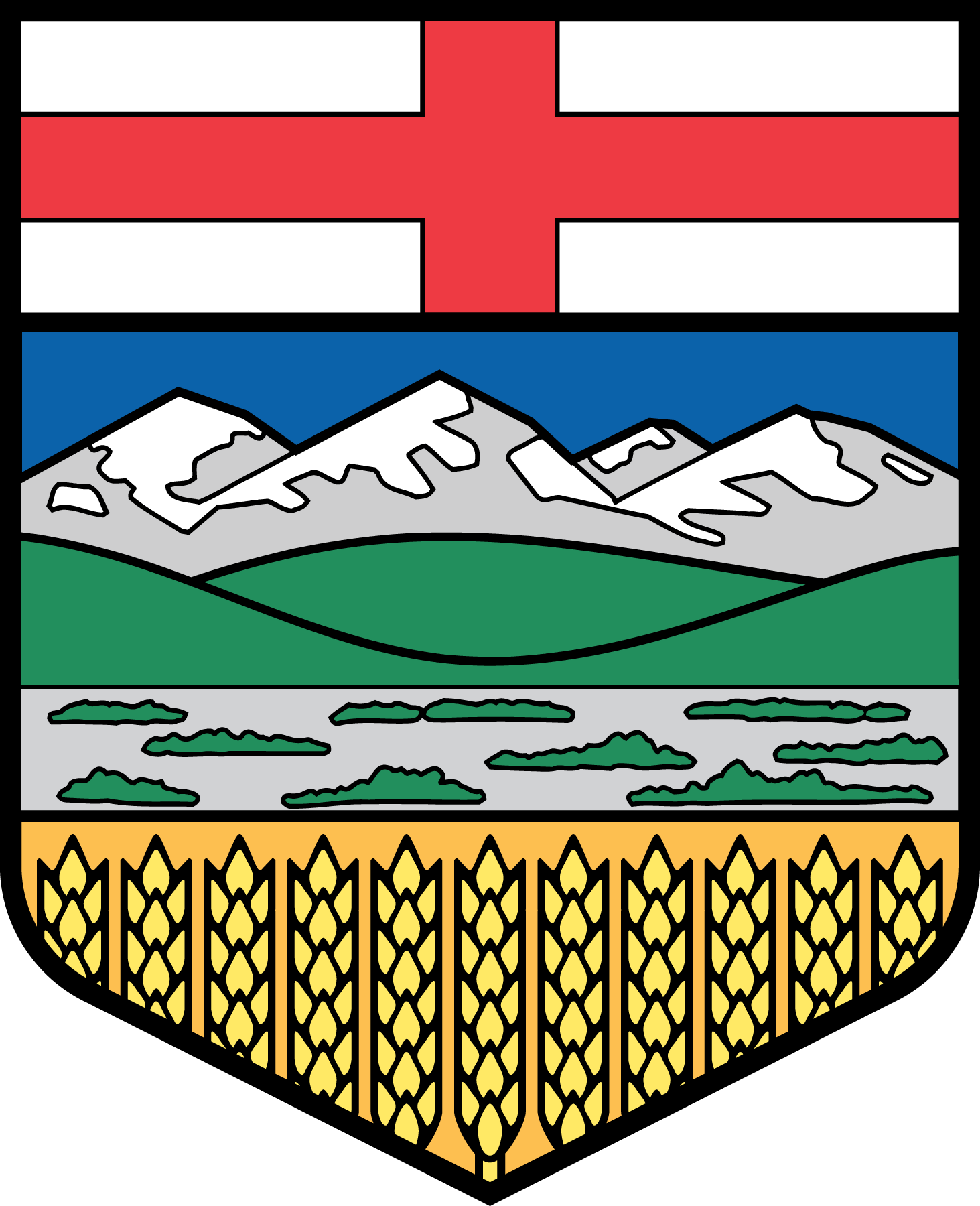- cross-posted to:
- [email protected]
- canada
- cross-posted to:
- [email protected]
- canada
If the Alberta government built a nuclear reactor near your home, would you want to know the facts informing that decision? If Alberta gives millions, or billions, to private industry, would you want to know why? What risks and rewards did the government consider when choosing the ground beneath your home as an ideal place to store carbon dioxide?
Under new legislation, you might never have the tools to find out.
As the fall sitting of the legislature wrapped up, and the day after Donald Trump was elected president of the United States, Alberta Premier Danielle Smith’s government announced Bill 34, which lays out new rules for freedom of information in the province. Once passed, the government will be able to censor factual information used to make decisions and restrict the power of the commissioner who can challenge its censorship.
The move, in some ways, would simply legalize the years-long practice of suppressing information in violation of the existing freedom of information act. But it would also make it easier to suppress more information, more often.
The changes would make it all but impossible to learn why the premier and her ministers make important public-interest decisions and would shield an undefined class of “political staff” from any oversight.
Alberta voted for this. If they don’t want to be cousin fuckin victims in their hillbilly swamps, drowning in radioactive coal dust and dying from primitive diseases the rest of the world has eliminated, then they should remember that they voted for this. They voted for this! They welcomed and encouraged corruption to come to their doorsteps.
Not all of us are hillbilly cousin fuckers my friend. We are just drowned out by the actual losers here.



